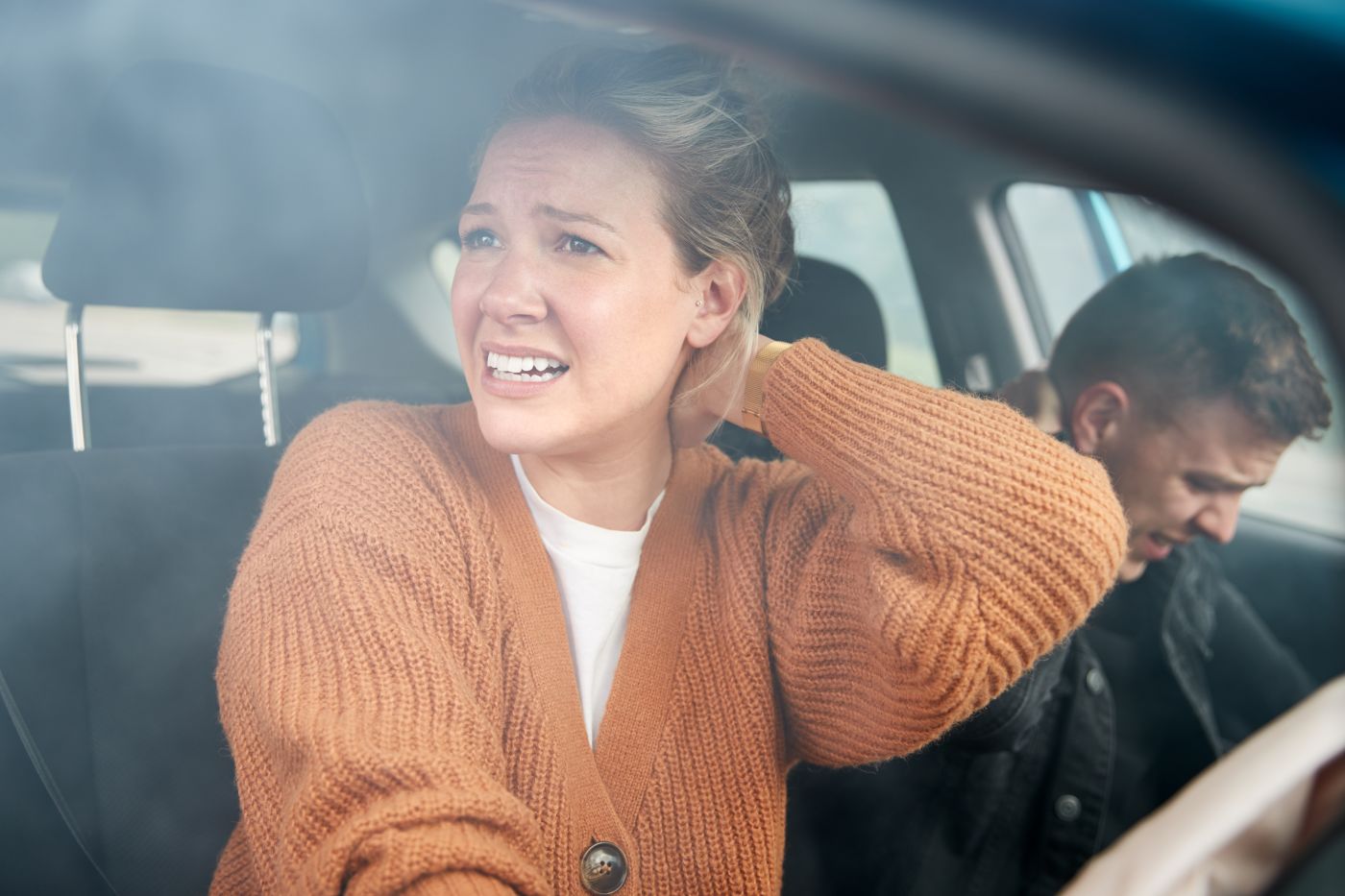
I often receive calls from drivers who’ve been stopped for suspicion of driving under the influence (DUI) and are unsure about their rights, particularly when it comes to breathalyzer tests. Many people assume that refusing a breathalyzer will help them avoid a DUI charge, but the reality is far more complicated.
Refusing a breathalyzer isn’t just about avoiding potential evidence in a DUI case; it also triggers an entirely separate legal process that can affect your ability to drive, your criminal record, and even your employment.
Many drivers are caught off guard by the strict penalties imposed for refusal, thinking that declining the test will eliminate the risk of conviction. In reality, Massachusetts law treats refusals harshly, and in some cases, the penalties for refusal can be just as severe as those for a failed breathalyzer test.
Understanding the consequences of refusing a breathalyzer test during a DUI stop in Massachusetts is crucial for making an informed decision. Here, I’ll explain what happens if you refuse a breathalyzer test during a DUI stop in Worcester, Massachusetts and how my law firm, Gregory Casale Attorney At Law, can help.
Massachusetts Implied Consent Law
According to Mass.gov, Massachusetts operates under an "implied consent" law, meaning that when you obtain a driver’s license and drive on the state's roads, you automatically agree to submit to chemical testing if law enforcement suspects you of DUI.
This includes breathalyzer tests administered at the time of the stop and chemical blood tests taken at the station or hospital. While you do have the right to refuse a breathalyzer, that decision comes with significant legal consequences.
The implied consent law is intended to deter impaired driving and make it easier for law enforcement to prosecute DUI offenses. If a driver refuses to take a breathalyzer test, officers will typically document the refusal, and this information will be reported to the Massachusetts Registry of Motor Vehicles (RMV).
The refusal itself triggers an automatic administrative penalty, which includes a driver’s license suspension, regardless of whether the individual is ultimately convicted of DUI.
Law enforcement officers are also trained to gather alternative forms of evidence to build a strong case against a suspected impaired driver, including field sobriety tests, officer observations, and witness statements.
Furthermore, Massachusetts law doesn’t allow drivers to consult with an attorney before deciding whether to take a breathalyzer test. This means that individuals must make the decision in the moment, often under pressure and without a clear understanding of the legal implications.
While some drivers believe that refusing the test may help them avoid a DUI charge, they may not realize that refusal carries its own severe penalties, which can have long-term consequences on their ability to drive and maintain employment.
Immediate Consequences of Refusing a Breathalyzer
In addition to implied consent law, there are a few immediate consequences of refusing a breathalyzer test in Massachusetts. One of the most immediate consequences of refusing a breathalyzer test is the automatic suspension of your driver’s license. Under Massachusetts law:
A first-time refusal results in a 180-day license suspension.
A second-time refusal leads to a three-year license suspension.
A third-time refusal carries a five-year license suspension.
If you refuse the test and already have a conviction for vehicular homicide or DUI-related manslaughter, you could face a lifetime license suspension.
These penalties are separate from any criminal DUI charges you may face, meaning you could still be convicted of DUI even if there’s no breathalyzer evidence.
Will You Still Be Charged with DUI?
You may be wondering if you can still be charged with a DUI if you’ve refused to take the breathalyzer test during a DUI stop. Many drivers assume that refusing a breathalyzer will prevent prosecutors from proving a DUI case against them.
While it may remove direct blood alcohol concentration (BAC) evidence, it doesn’t mean you’re in the clear. Prosecutors can still rely on other evidence, such as:
Officer observations, including slurred speech, bloodshot eyes, or the smell of alcohol.
Field sobriety test results.
Witness statements or dashcam footage.
Your own admission to drinking before driving.
In Massachusetts, the prosecution doesn’t need a breathalyzer test to secure a DUI conviction. The state can argue that you were impaired based on the "totality of the circumstances."
Is Refusing a Breathalyzer Ever a Good Idea?
In my experience as a DUI criminal defense lawyer, refusing a breathalyzer isn’t always the best course of action. In some situations, however, it may be beneficial. If you suspect your BAC is well above the legal limit of 0.08%, refusing the test may prevent the prosecution from obtaining concrete evidence against you.
This could make it more difficult for them to prove their case beyond a reasonable doubt. However, this strategy comes at the cost of an automatic license suspension, which may be difficult for many drivers to handle.
Additionally, Massachusetts doesn’t allow breathalyzer refusals to be used as evidence of guilt in court, unlike some other states. This means that while your license will be suspended, the refusal itself can’t be used against you during trial.
Challenging a Breathalyzer Refusal Suspension
Additionally, if your license is suspended for refusing a breathalyzer, you may be able to challenge the suspension through a hearing at the Registry of Motor Vehicles (RMV). You typically have 15 days from the date of suspension to request a hearing.
At this hearing, you and your attorney can argue that the police didn’t have reasonable suspicion to stop you or that they didn’t properly inform you of your rights regarding the breathalyzer test.
If your RMV hearing is unsuccessful, you may still have legal options. Your attorney can file a civil appeal in court to challenge the license suspension, though these appeals can be difficult to win.
Alternative Ways to Regain Driving Privileges
For first-time offenders, Massachusetts offers a hardship license, also known as a "Cinderella" license, which allows limited driving privileges for work, school, or medical purposes. To qualify, you must complete an alcohol education program and demonstrate that you have no other means of transportation.
However, repeat offenders face much stricter requirements and longer wait periods before becoming eligible for a hardship license.
Refusing a breathalyzer test in Massachusetts is a serious decision with lasting consequences. While it may prevent the prosecution from obtaining direct BAC evidence, it results in an automatic license suspension and doesn’t guarantee that you’ll avoid a DUI conviction.
As a defense attorney, I work with clients to evaluate the best course of action based on their specific circumstances, including challenging unlawful stops, questioning field sobriety test results, and exploring ways to mitigate the impact of a license suspension.
Contact Gregory Casale Attorney at Law Today
If you’re facing DUI charges or dealing with the aftermath of a breathalyzer refusal, seek legal counsel as soon as possible. An experienced defense attorney can help protect your rights, challenge the evidence against you, and work toward the best possible outcome in your case.
I serve Shrewsbury, Massachusetts; Worcester, Massachusetts; Clinton, Massachusetts; Dudley, Massachusetts; East Brookfield, Massachusetts; Leominster, Massachusetts; Gardner, Massachusetts; Milford, Massachusetts; and Westborough, Massachusetts. Contact Gregory Casale Attorney at Law today.



